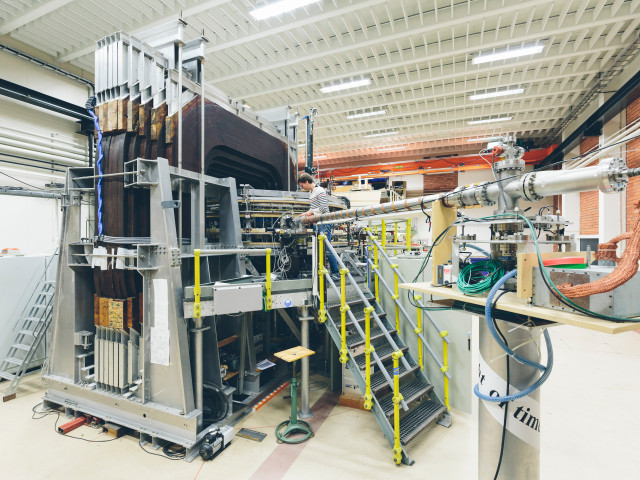This course has been developed in parallel with the fast-advancing multidisciplinary research and technological developments in the field of nanophotonics and bionanophotonics, and addresses three main areas:
1. Quantum mechanical description of light-matter interaction in nanostructure
- Localization of photons and electrons
- Light source and photodetector
2. Nanophotonics
- Subwavelength light control
- Numerical simulation of light-matter interaction in nanostructure
3. Nanobiophotonics: Nanotechnology for Biophotonics
- Ultra-fast, ultra-intensive, ultra-sensitive optical imaging
- Quantum dots in biosensing, bioimaging, and drug delivery
